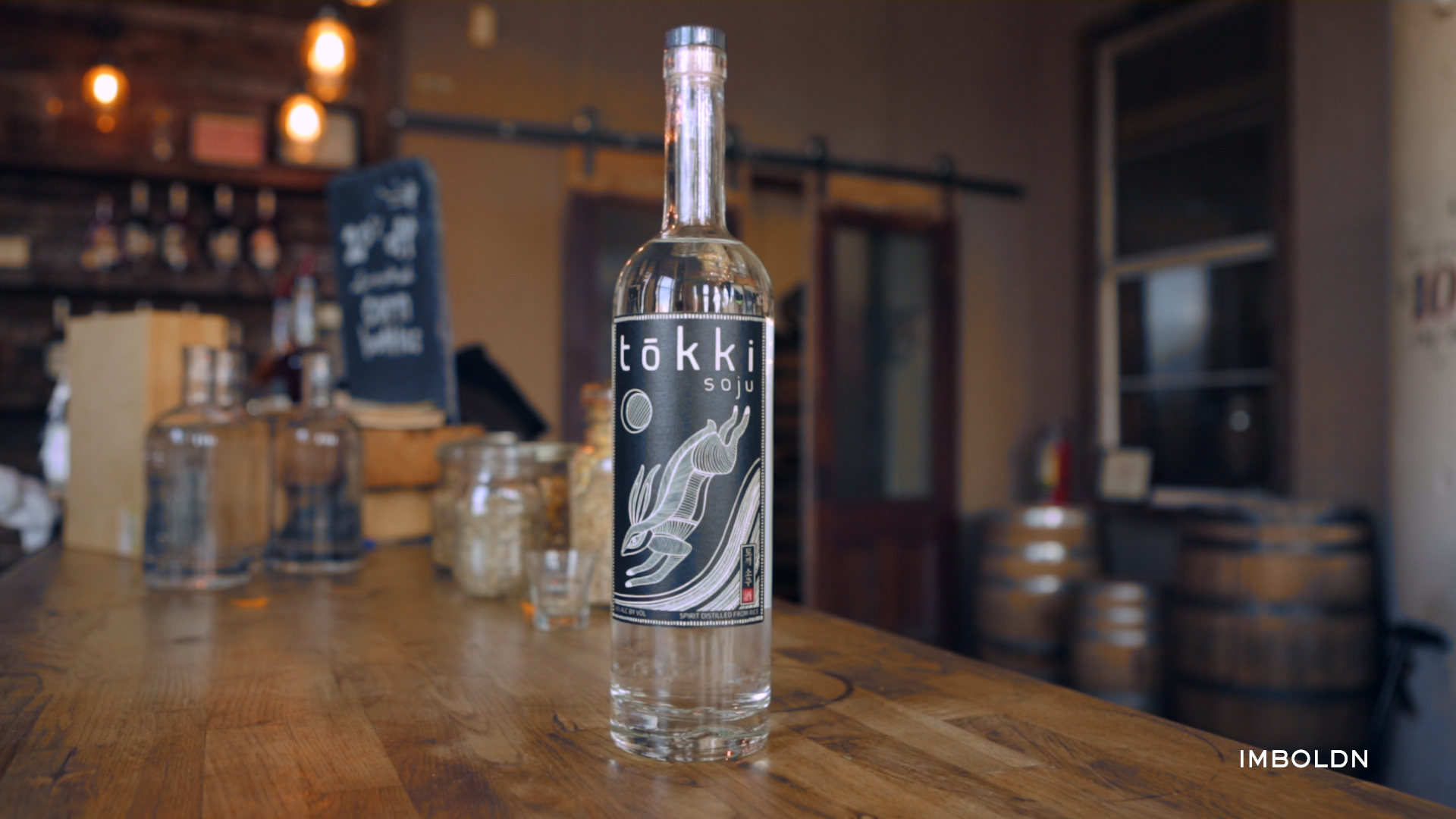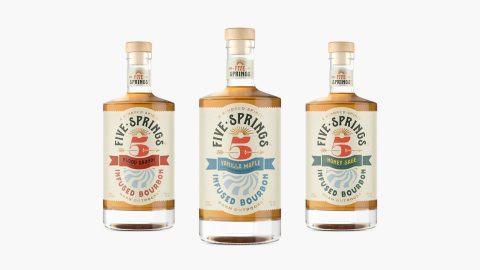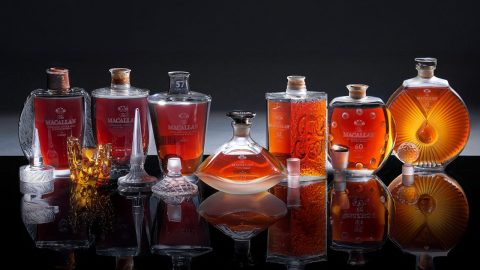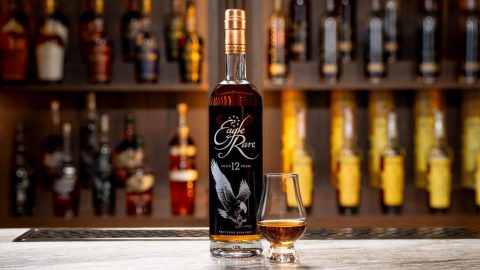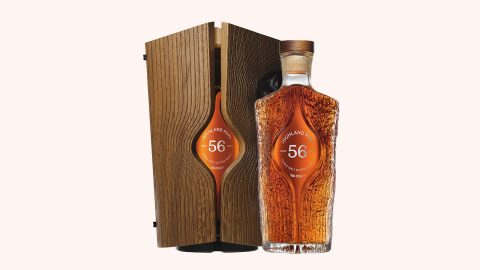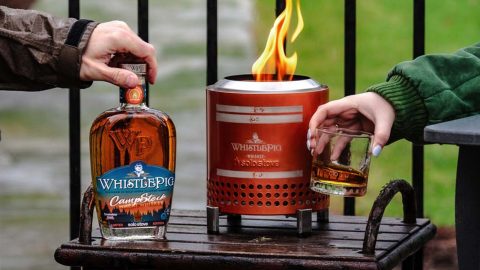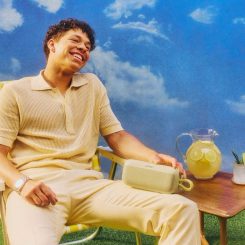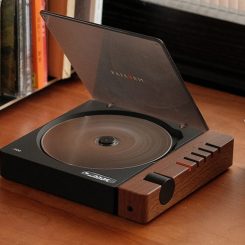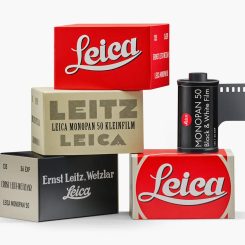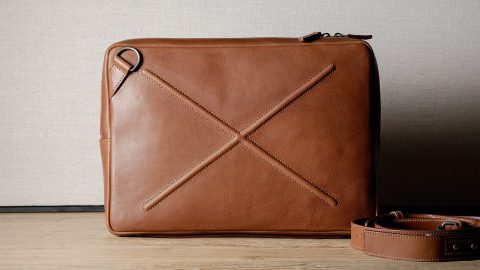Tokki Soju: Creating Korean Alcohol In Brooklyn
February 15, 2018
byThe IMBOLDN Editors
Food & Drink
Tokki Soju: Creating Korean Alcohol In Brooklyn
February 15, 2018
byThe IMBOLDN Editors
-
Food & Drink Inside The Greatest Whisky Collection Ever Assembled—Now Up For Auction
Bonhams whisky auction features a collector’s dream lineup.
-
Food & Drink Meet The New $50 Whiskey That’s About To Break The Internet
Crafted with Mashbill #1 and aged for deep complexity.
-
Food & Drink Highland Park’s 56-Year Whisky Is Liquid Gold Tor The Lucky Few
Highland Park’s 56 Year Old single malt Scotch whisky is an ultra-rare, limited edition expression with deep oak complexity and rich flavors.
-
Food & Drink WhistlePig & Solo Stove Just Lit the Perfect Fire Night
A smokeless campfire kit with Mesa XL fire pit and whiskey barrel firewood.

